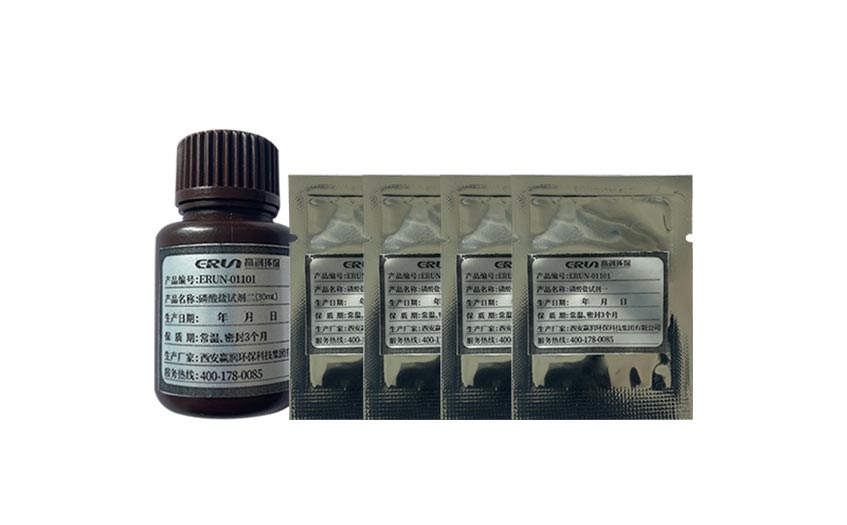The concentration of phosphate (usually phosphate, PO4³⁻) in boiler water has an important impact on the operating efficiency and safety of the boiler. Excessive or low phosphate levels will have a series of adverse effects on the boiler. If you need detailed information and quotes on phosphate water quality testers, please contact customer service directly.

When the phosphate content in boiler water exceeds the standard, it may cause the following hazards:
1.Waste of medicines: Excessive addition of phosphates directly leads to an increase in medicine costs and causes waste of resources.
2.Impact on steam quality: Excessive phosphates will increase the salt content and alkalinity of boiler water, thereby affecting the quality of steam and reducing the purity and use effect of steam.
3.Secondary scale generation: Under high phosphate concentrations, if the boiler water contains magnesium ions, insoluble substances such as magnesium phosphate (Mg3(PO4)2) may be generated. These substances are easily deposited on the heating surface of the boiler to form secondary scale with poor thermal conductivity, affecting the heat transfer efficiency of the boiler.
4.Formation of phosphate iron scale: When the iron content in boiler water is high, excess phosphate may react with it to form phosphate iron scale. This scale layer is hard and difficult to remove, which will seriously affect the heat transfer efficiency and safe operation of the boiler.
5.‘Salt Temporary Disappearance’Phenomenon: In high-pressure or ultra-high-pressure boilers, excess phosphates may cause "salt temporary disappearance" phenomenon, that is, phosphates temporarily precipitate from the water at high temperature, and then may redissolve or deposit on the inner wall of the boiler, causing damage to the boiler.

Low phosphate concentration will also have adverse effects on boilers:
1.Weakened anti-scaling effect: Phosphate is one of the commonly used anti-scaling agents in boiler water treatment. If its concentration is too low, it will not be able to effectively prevent the scaling of calcium, magnesium and other ions in the boiler, resulting in a decrease in the boiler's heat transfer efficiency.
2.Decreased pH value of boiler water: Low phosphate concentration may cause the pH value of boiler water to fail to meet standard requirements, thereby increasing the risk of corrosion on the boiler metal surface.
3.Increased silicon content in steam: At low phosphate concentrations, silicates in boiler water may dissolve more easily and be carried out with the steam, resulting in an increase in the silicon content in the steam, affecting the steam quality and subsequent use.

In summary, the impact of excessive phosphate in boiler water on the boiler and the harm of too high or too low phosphate levels show the importance of phosphate water quality detectors to boilers. If you need detailed information and quotes on phosphate water quality detectors, please contact customer service directly.